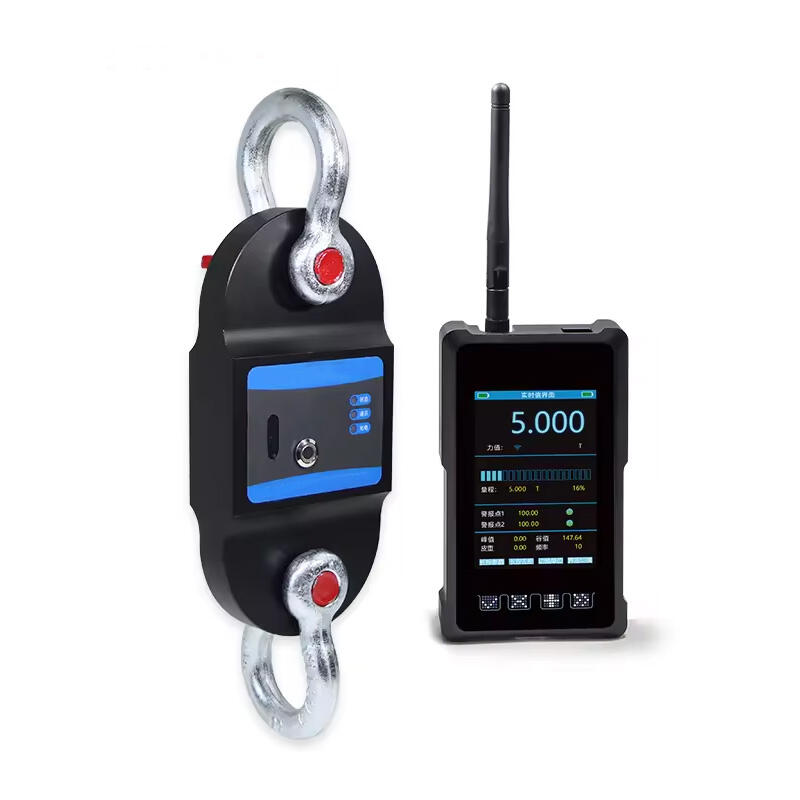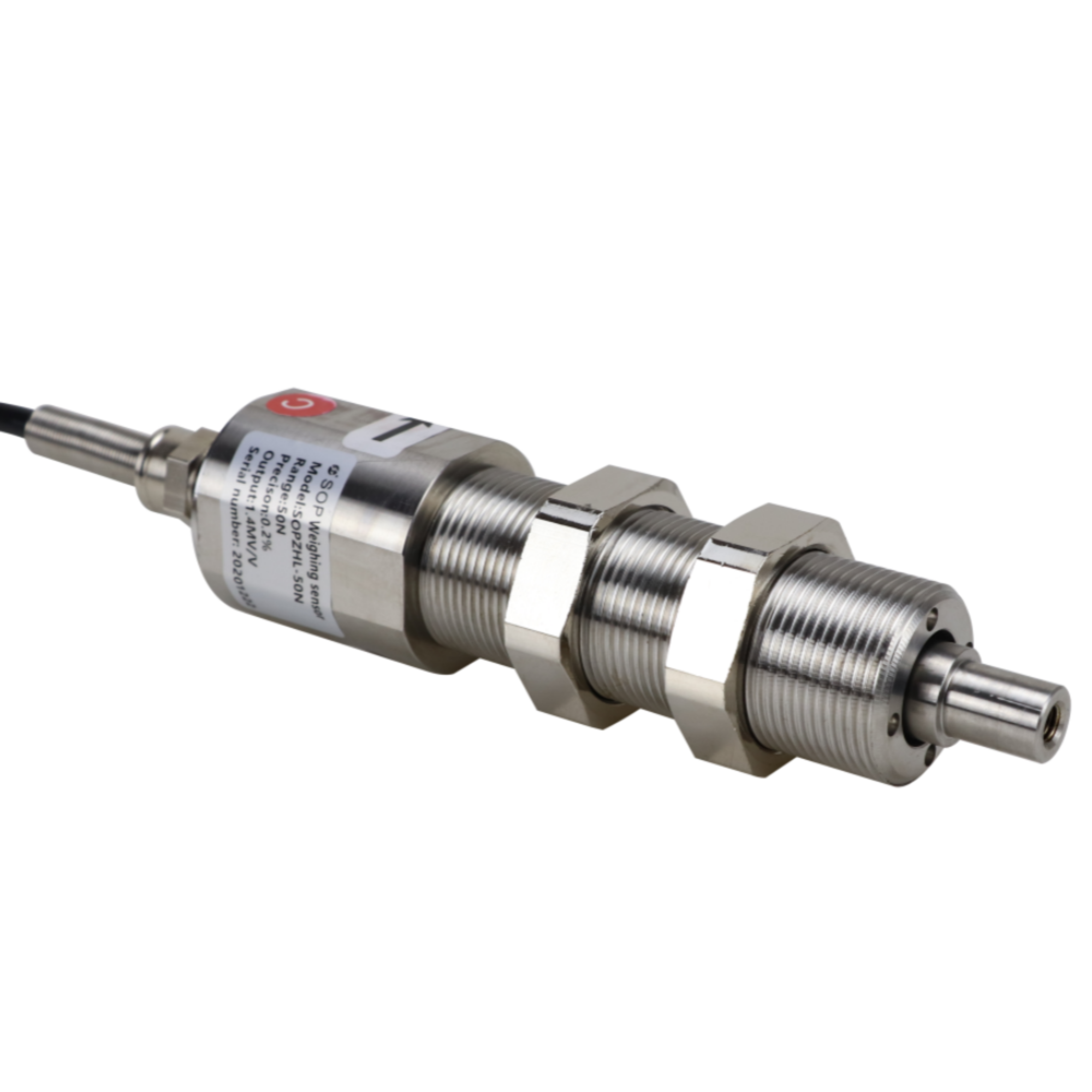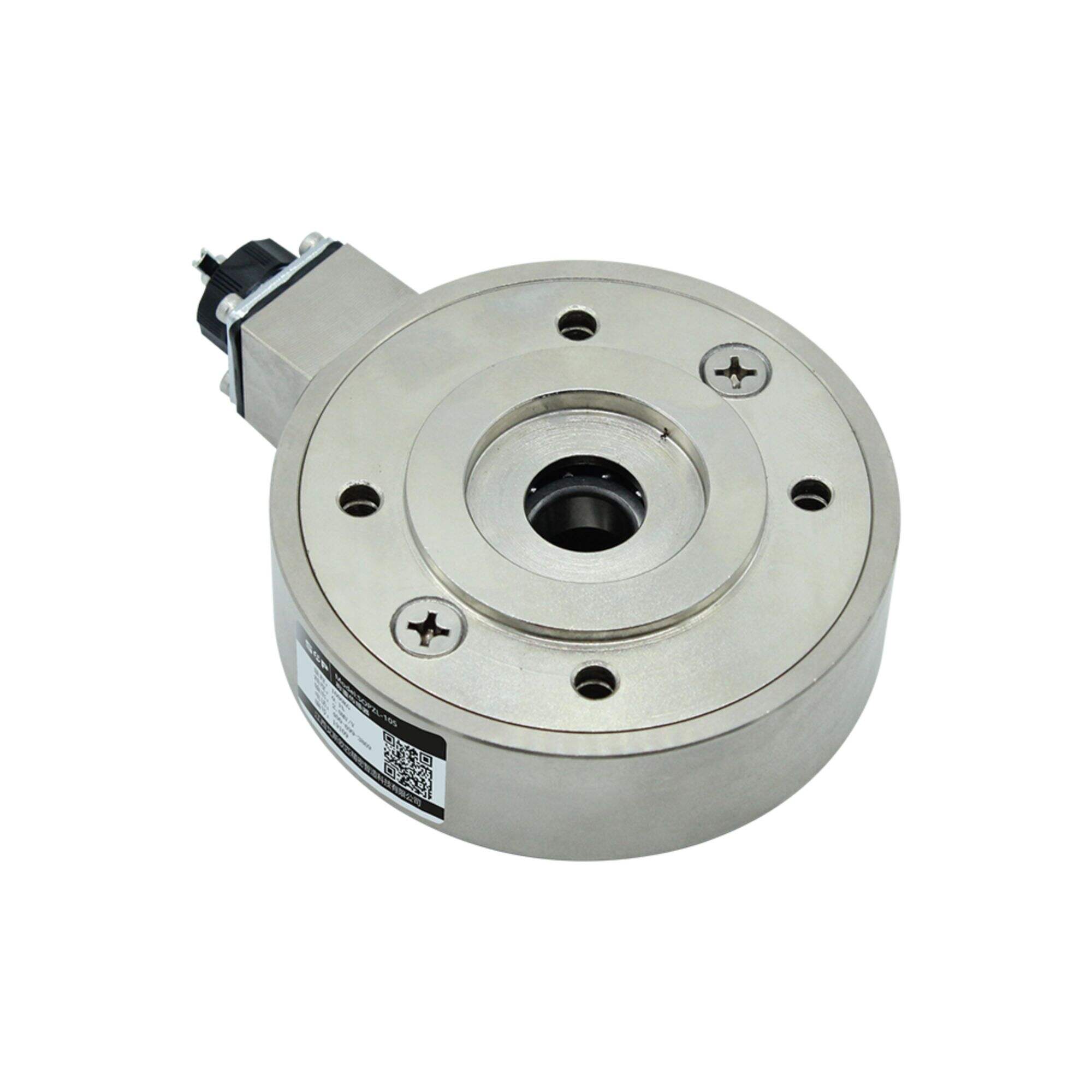Load cell - a unique device for converting weight to an electrical signal. If something heavy is placed on top of the load cell, it squashes down a fraction. The material of the load cell will squish ( deform ) a little, this is exactly what we need to measure. The way it does this is that when it measures how much the load cell squished, then machinery turns into a signal understandable by computer or whatever display you use. This way, people can tell how heavy something is simply by glancing over!
Load cells are available in all forms and sizes. Load cells can be round, rectangular and even hexagons. The load cells of the type to be used depends on what is needed. A round force measurement essentially that a circular load cell would be used on the conveyor belt by which products are transferred from one location to another, while provisions sought after or static measurements needed within hopper ( container where dry materials hold ).
Weighbridge is one of the systems that makes use of load cells. A Weighbridge is simply a large scale which weighs trucks and all they are carrying within the truck. The load cell is in charge of measuring how heavy the truck that you are weighing, registers on the scale. Transport and logistics is the sector that most depends on this information, as it ensures the proper capacity of trucks to meet these laws.
For example, a hopper weighing system. Hoppers are large containers for the storage and sometimes transport of bulk granular materials, e. g., grains or fertilizers. The load cells assist you in determining the amount of product inside a hopper at any moment. This is important to do in order for the correct amount of material being used within processes and inventory management.

The good part is that load cells are also used in music! They can be found in electronic drum kits and they detect the strength of a drummer hits on the drums pads. This data is then used to translate intelligent sound which corresponds with the drummers feel. This just goes to show how versatile load cells are!

For instance, if you are going to weigh enormous things or people in huge groups- then you require a load cell that won't let down particularly when it comes to breaking. You need a very sensitive load cell for the weight measuring project, one that does not take much effort to detect just few extra grams.

In addition to this, the environment the load cell will be exposed also holds importance. This is the most important factor to bear in mind when choosing a power bank since it should be resistant and robust enough if used outdoors or under harsh conditions, these need to endure water splashes/dust etc. Deciding the load cell will hardly meet expectations took into account in your application it offers another astounding segment which is its endlessness.
We are accredited CE, RoHS and ISO9001. We make that each product undergoes rigorous inspection prior shipping. Additionally, SOP has professional the load cell after-sales assistance for product problems, as well as other problems.
SOP over 20 years manufacturing experience and collaborated with over 500 global customers. It is reputable company manufactures high-tech products and is the load cell in the research, development manufacturing, sales and servicing of various kinds of sensors.
Customers the load cell from variety of transport options. We provide safe packaging speedy delivery all our stock items. You will receive tracking details following the delivery your goods.
Our main products are comprised different types of sensors, such the load cell displacement sensor drawing wire sensor LVDT sensor, load cell torsion sensor, magneto sensor, pressure sensor, etc. We provide OEM/ODM services depending on the need's client.